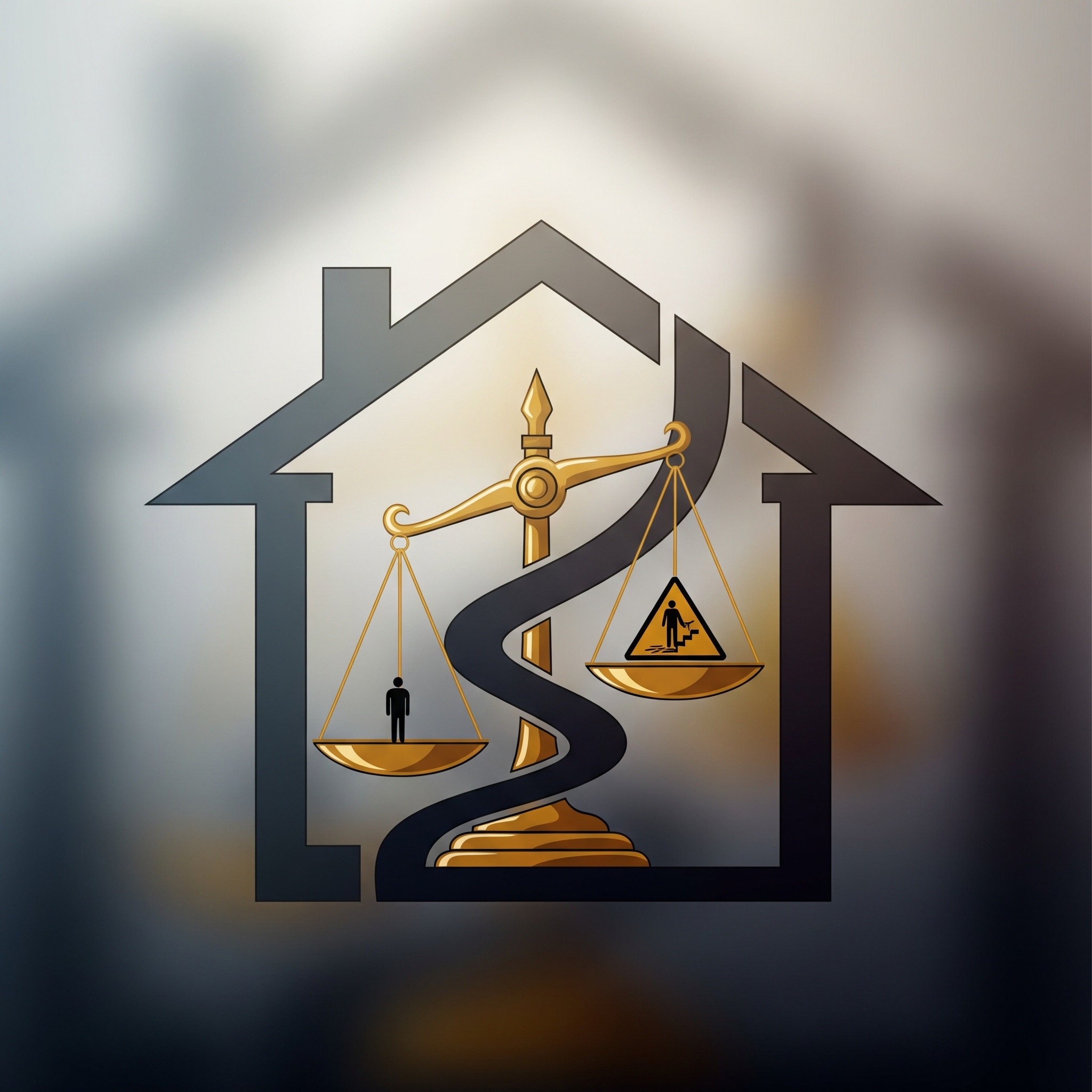The legal duties a California property owner owes to a visitor are not arbitrary. They are defined by a single, foundational case that reshaped personal injury law: Rowland v. Christian. For attorneys and accident victims alike, understanding this 1968 California Supreme Court decision is essential to navigating any claim involving an injury on another person’s property.
This case effectively abolished the archaic common law categories that once determined liability. It established a universal standard of care that holds property owners accountable for negligence. The decision originated from a seemingly simple incident: a guest was severely injured by a cracked faucet handle that the host knew was dangerous but failed to warn him about.
The Abolition of Old Common Law Classifications
Prior to Rowland, a property owner’s duty was dictated by the status of the visitor. The law made rigid distinctions between an “invitee” (a business customer), a “licensee” (a social guest), and a “trespasser”. A social guest like Mr. Rowland was owed a minimal duty of care. The property owner was only required to refrain from wanton or willful injury. The trial court initially followed this rule and dismissed the case.
The California Supreme Court found this system to be unjust and out of step with modern society. The court stated that a person’s life and safety do not become less worthy of protection simply because they are on a property for social reasons rather than business.
A Unified Standard: The Duty of Reasonable Care
The Court turned to a core principle of California law, Civil Code §1714. This statute provides that everyone is responsible for injuries caused by their failure to use ordinary care in the management of their property.
From this, the Court established a new, universal test. The proper standard for a property owner’s liability is whether the owner acted as a reasonable person would in managing the property, considering the probability of injuring others. The visitor’s status as a former “invitee” or “licensee” can still be considered as one of the facts of the case, but it is no longer the sole factor that determines the outcome.
This landmark ruling is the legal basis for nearly all modern California premises liability claims. The principles established in Rowland are foundational to proving negligence in cases ranging from a slip and fall to a sidewalk accident or an injury at an apartment complex. The core of the decision is that a property owner’s awareness of a concealed, dangerous condition creates a duty to either repair the condition or warn visitors about it.
The ruling in Rowland v. Christian ensures that the focus of a personal injury case is on the reasonableness of a property owner’s conduct, not on an outdated classification of the person they injured.
For a detailed analysis of your premises liability case, contact Manoukian Law for a free and confidential consultation.





